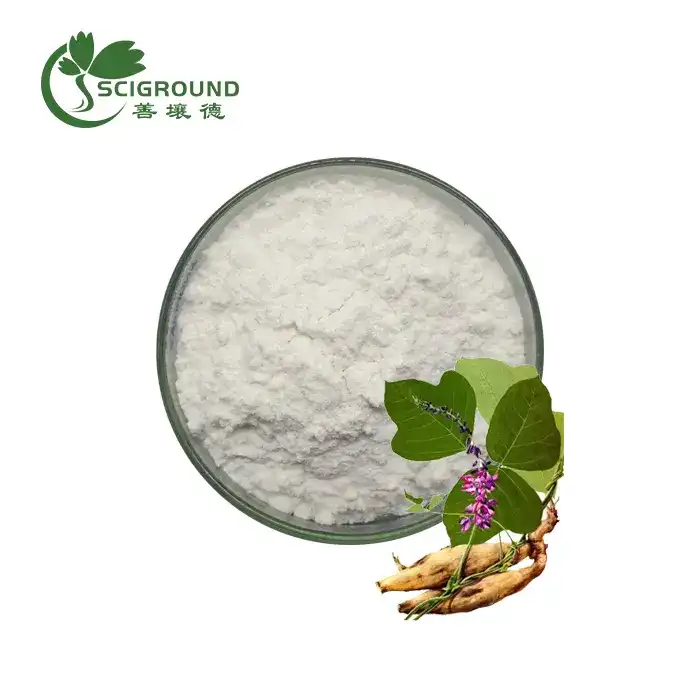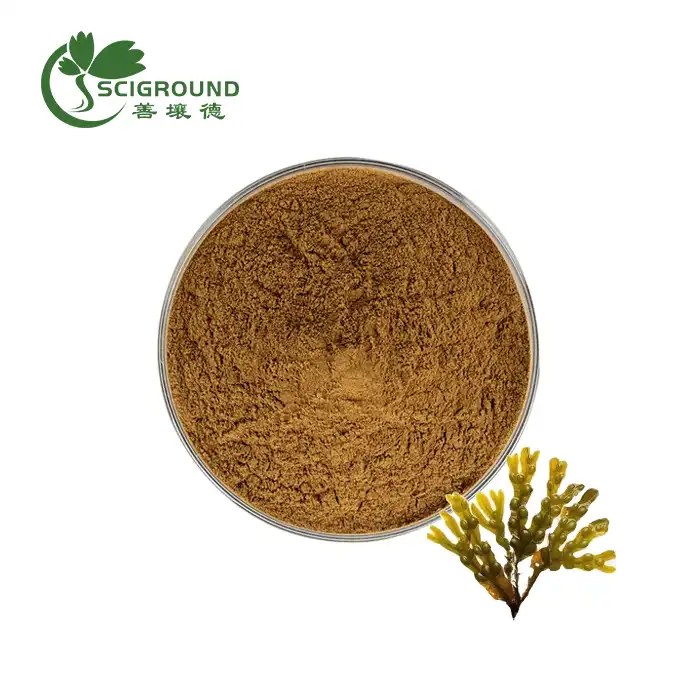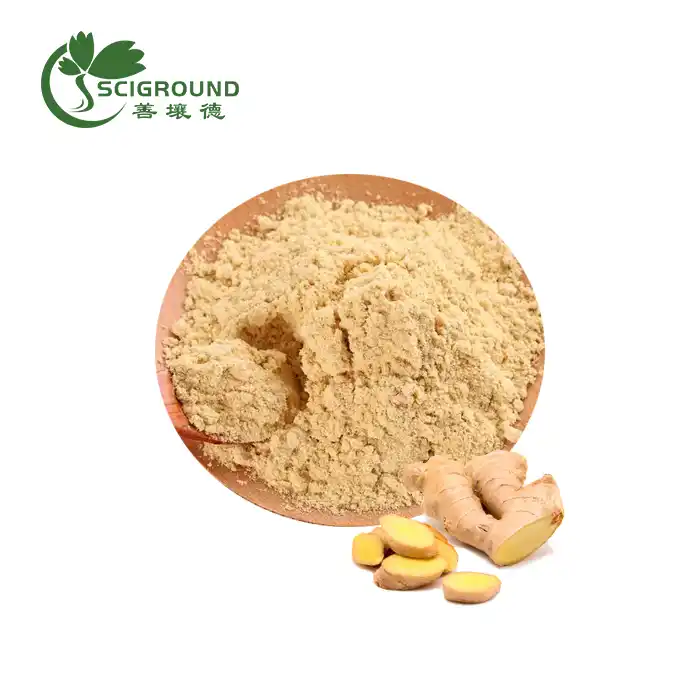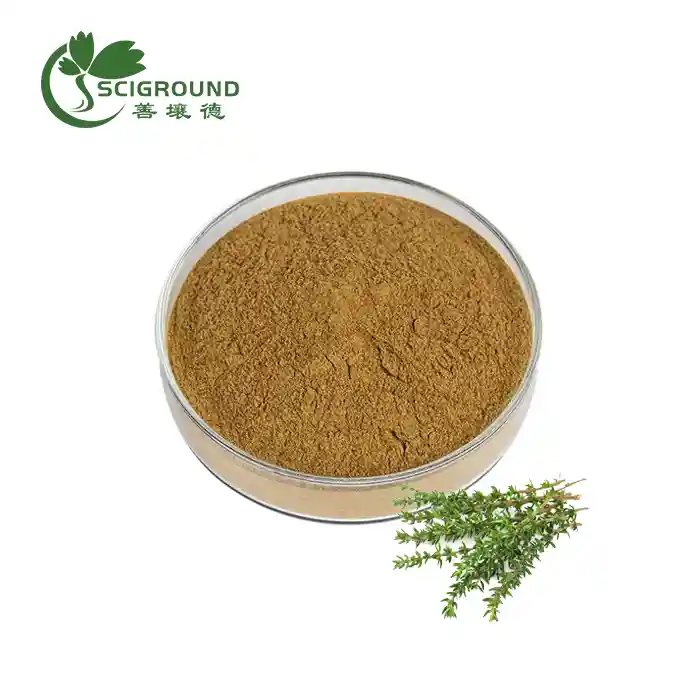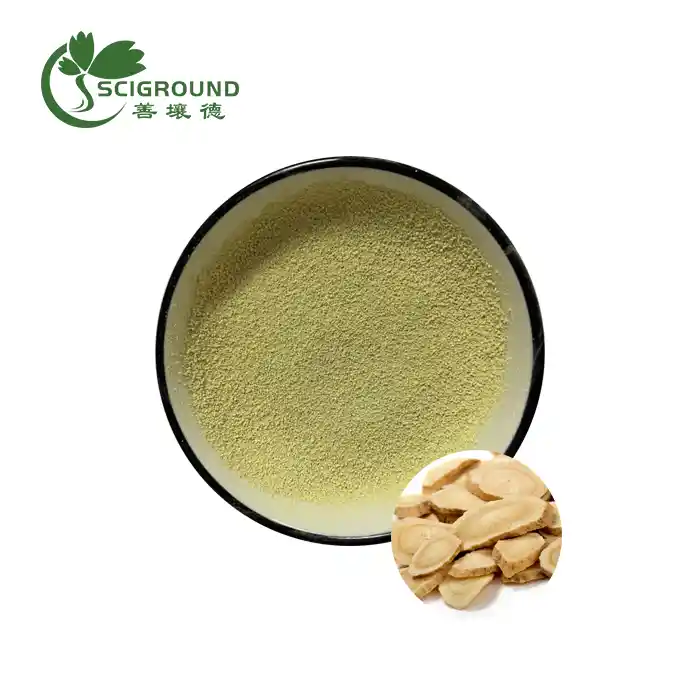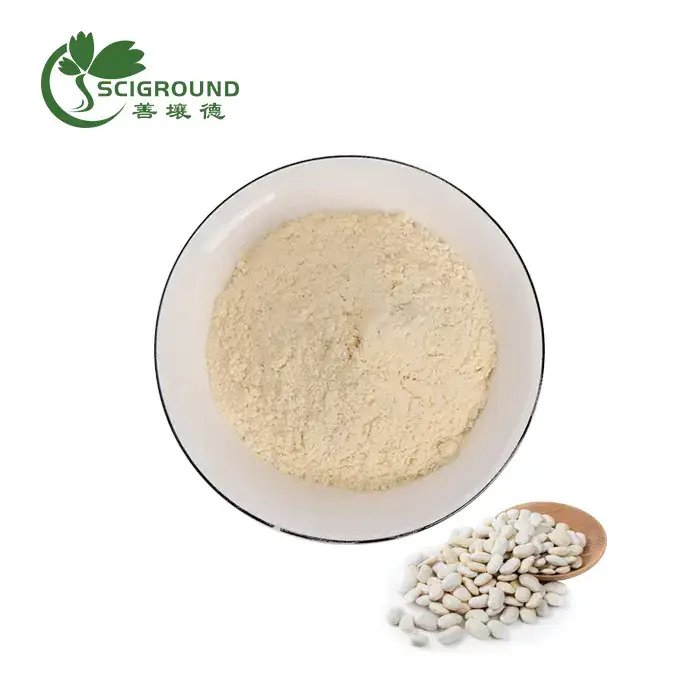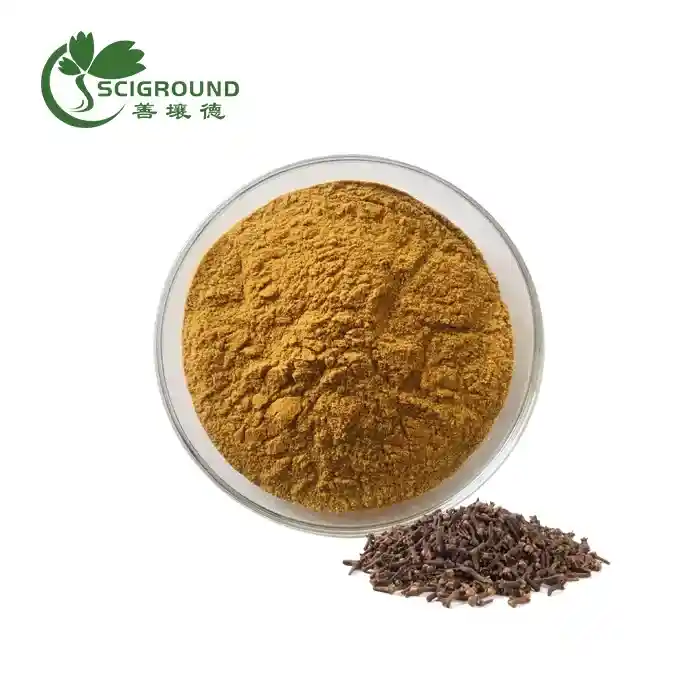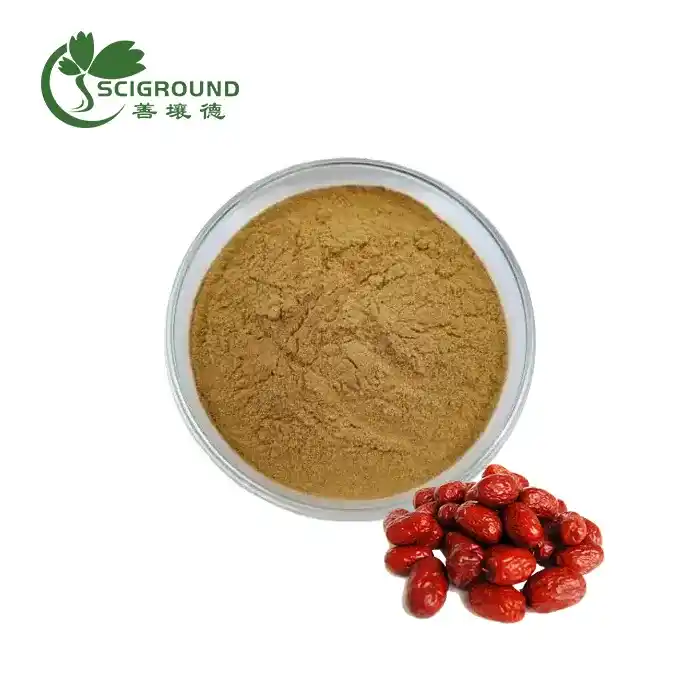How is Boswellia taken?
Boswellia, also known as Indian frankincense, has gained popularity as a natural remedy for various health conditions. This ancient herb has been used in traditional medicine for centuries, and modern research is now uncovering its potential benefits. If you're considering adding Boswellia to your health regimen, you might be wondering about the best ways to take it. In this comprehensive guide, we'll explore different methods of taking Boswellia, its potential effects, and important considerations for specific health conditions.
How does amandean boswellia work?
Amandean Boswellia extract, like other high-quality Boswellia products, works by harnessing the power of boswellic acids, particularly 3-O-acetyl-11-keto-beta-boswellic acid (AKBA). These compounds have demonstrated potent anti-inflammatory and analgesic properties, making Boswellia a promising natural remedy for various conditions.
The primary mechanism of action involves inhibiting 5-lipoxygenase, an enzyme responsible for producing inflammatory molecules called leukotrienes. By reducing leukotriene production, Boswellia can help alleviate inflammation throughout the body. This action is particularly beneficial for conditions such as osteoarthritis, where inflammation plays a significant role in joint pain and stiffness.
Additionally, Boswellia has shown promise in managing other inflammatory conditions, including:
- Ulcerative colitis
- Asthma
- Inflammatory bowel diseases
- Rheumatoid arthritis
Some studies suggest that Boswellia may also have neuroprotective properties, potentially benefiting individuals with neurological conditions or brain tumors. However, more research is needed to fully understand its effects in these areas.
When it comes to taking Boswellia, there are several options available:
- Capsules or tablets: This is the most common and convenient form of Boswellia supplementation. Look for products standardized to contain a specific percentage of boswellic acids, typically 60% or higher.
- Gum resin: Some people prefer to use the raw resin, which can be chewed or made into a tea. However, this method may not provide consistent doses of active compounds.
- Topical creams: Boswellia-infused creams can be applied directly to the skin for localized pain relief or to address skin conditions.
- Essential oils: Frankincense essential oil, derived from Boswellia trees, can be used in aromatherapy or diluted for topical application. However, it's important to note that essential oils may not contain the same concentrations of boswellic acids as other forms of supplementation.
The optimal dosage of Boswellia can vary depending on the specific product and individual needs. Generally, a daily dose of 300-500 mg of Boswellia extract, taken in divided doses, is recommended for most conditions. However, it's crucial to consult with a healthcare professional before starting any new supplement regimen, especially if you have pre-existing health conditions or are taking medications.
Is Boswellia Safe In Those With Chronic Kidney Disease (CKD)?
For individuals with chronic kidney disease (CKD), the safety of using Boswellia supplements is a crucial consideration. While research in this area is limited, some studies have provided insights into the potential effects of Boswellia on kidney function and its safety profile in CKD patients.
Current evidence suggests that Boswellia may have renoprotective properties, meaning it could potentially help protect kidney function. A study investigating the effects of Boswellia in combination with curcumin found that it may help reduce inflammation in CKD patients who are not undergoing dialysis. This anti-inflammatory action could be beneficial in managing some of the complications associated with CKD.
However, it's important to note that the research on Boswellia's effects in CKD is still in its early stages, and more comprehensive studies are needed to establish its safety and efficacy definitively. Some key points to consider include:
- Excretion: Boswellia and its metabolites are partially excreted through the kidneys. In individuals with impaired kidney function, this could potentially lead to accumulation of these compounds in the body.
- Drug interactions: Boswellia may interact with certain medications commonly prescribed to CKD patients, such as blood thinners or immunosuppressants. These interactions could affect drug efficacy or increase the risk of side effects.
- Individual variations: The effects of Boswellia may vary depending on the stage of CKD, underlying causes, and other health factors unique to each patient.
Given these considerations, it's crucial for CKD patients to consult with their nephrologist or healthcare provider before incorporating Boswellia into their treatment plan. A medical professional can assess the potential risks and benefits based on an individual's specific health status and medical history.
If a healthcare provider approves the use of Boswellia for a CKD patient, they may recommend:
- Starting with a lower dose and gradually increasing it while monitoring kidney function
- Using a standardized, high-quality Boswellia extract to ensure consistent dosing of active compounds
- Regular follow-ups to assess the supplement's effects on kidney function and overall health
It's also worth noting that some studies have explored the potential of Boswellia in protecting against kidney damage caused by certain medications or environmental toxins. While these findings are promising, they should not be interpreted as a reason to self-prescribe Boswellia for kidney health without professional guidance.
Effect of Boswellia species on the metabolic syndrome: A review
Metabolic syndrome is a cluster of conditions that increase the risk of heart disease, stroke, and type 2 diabetes. These conditions include high blood pressure, high blood sugar, excess body fat around the waist, and abnormal cholesterol or triglyceride levels. Recent research has begun to explore the potential benefits of Boswellia species in managing various aspects of metabolic syndrome.
A comprehensive review of studies on Boswellia species and their effects on metabolic syndrome has revealed several promising findings:
- Glycemic control: Some studies have shown that Boswellia extracts may help improve insulin sensitivity and reduce blood glucose levels. This effect could be particularly beneficial for individuals with or at risk of type 2 diabetes.
- Lipid profile management: Boswellia has demonstrated potential in modulating blood lipid profiles. Research suggests it may help reduce total cholesterol, LDL cholesterol, and triglycerides while increasing HDL (good) cholesterol levels.
- Blood pressure regulation: Some compounds in Boswellia, particularly boswellic acids, have shown antihypertensive properties. They may help relax blood vessels and improve blood flow, potentially contributing to better blood pressure control.
- Anti-obesity effects: Preliminary studies indicate that Boswellia may have anti-obesity properties, possibly by influencing fat metabolism and reducing inflammation in adipose tissue.
- Anti-inflammatory action: The potent anti-inflammatory effects of Boswellia could help address the chronic low-grade inflammation often associated with metabolic syndrome.
The mechanisms by which Boswellia species exert these effects are multifaceted and not fully understood. However, researchers have identified several potential pathways:
- Modulation of PPAR-γ (peroxisome proliferator-activated receptor gamma), a key regulator of glucose and lipid metabolism
- Inhibition of pro-inflammatory enzymes and cytokines
- Antioxidant properties that help combat oxidative stress associated with metabolic disorders
- Potential influence on gut microbiota, which plays a crucial role in metabolism and inflammation
While these findings are encouraging, it's important to note that most studies have been conducted in vitro or in animal models. More robust clinical trials are needed to fully elucidate the effects of Boswellia on metabolic syndrome in humans and to determine optimal dosing and safety profiles.
For individuals considering Boswellia supplementation to address aspects of metabolic syndrome, it's crucial to approach it as part of a comprehensive health strategy. This should include:
- A balanced, nutrient-rich diet
- Regular physical activity
- Stress management techniques
- Adequate sleep
- Consultation with healthcare providers for personalized advice and monitoring
As research in this area continues to evolve, Boswellia species show promise as a potential natural adjunct in the management of metabolic syndrome. However, it should not be considered a replacement for conventional medical treatments or lifestyle modifications recommended by healthcare professionals.
References:
- Abdel-Tawab, M., Werz, O., & Schubert-Zsilavecz, M. (2011). Boswellia serrata: an overall assessment of in vitro, preclinical, pharmacokinetic and clinical data. Clinical Pharmacokinetics, 50(6), 349-369.
- Ammon, H. P. (2016). Boswellic acids and their role in chronic inflammatory diseases. Advances in Experimental Medicine and Biology, 928, 291-327.
- Siddiqui, M. Z. (2011). Boswellia serrata, a potential antiinflammatory agent: an overview. Indian Journal of Pharmaceutical Sciences, 73(3), 255-261.
- Umar, S., Umar, K., Sarwar, A. H., Khan, A., Ahmad, N., Ahmad, S., ... & Khan, H. A. (2014). Boswellia serrata extract attenuates inflammatory mediators and oxidative stress in collagen induced arthritis. Phytomedicine, 21(6), 847-856.
- Yu, G., Xiang, W., Zhang, T., Zeng, L., Yang, K., & Li, J. (2020). Effectiveness of Boswellia and Boswellia extract for osteoarthritis patients: a systematic review and meta-analysis. BMC Complementary Medicine and Therapies, 20(1), 225.
- Zhang, Y., Ning, Z., Lu, C., Zhao, S., Wang, J., Liu, B., ... & Cao, W. (2013). Triterpenoid resinous metabolites from the genus Boswellia: pharmacological activities and potential species-identifying properties. Chemistry Central Journal, 7(1), 153.
In conclusion, Boswellia offers a range of potential health benefits, particularly for managing inflammatory conditions and metabolic disorders. While more research is needed to fully understand its effects and optimal usage, current evidence suggests that Boswellia could be a valuable addition to many health regimens. As always, it's essential to consult with a healthcare professional before starting any new supplement, especially if you have existing health conditions or are taking medications.
If you're interested in learning more about Boswellia extract or other plant-based supplements, don't hesitate to reach out to us at Shaanxi SCIGROUND. Our team of experts is always ready to provide you with high-quality information and products. Contact us today at info@scigroundbio.com to discover how our natural solutions can support your health and wellness journey.
Related Industry Knowledge
- What are the benefits of Morinda Officinalis Extract?
- What are the differences between MCT oil and MCT powder?
- What is Alfacalcidol Powder
- What are the benefits of Acetyl-L-carnitine powder?
- Is horseradish powder spicy?
- Does lysine help hair growth?
- What does drinking cinnamon powder do for your skin?
- What is Polygala root good for?
- Soybean Seed Extract: Unlocking the Power of Nature
- When to drink bcaas
